On the day Alexa Rose Cioffi died, she was too sick to care for her 2-year-old son, Frankie. So Alexa’s father, Frank Cioffi, took Frankie to the store to buy diapers. When they returned, the house was quiet. Frank thought Alexa, 30, was still sleeping. He made Frankie a snack, changed him, and went to find Alexa, who was lying sideways on the bed.
“I screamed her name. She didn’t move. So I shook her. She didn’t move. I think that Frankie heard me scream,” Frank, 64, wrote in a searingly honest online memorial for his daughter.
He called 911 and started CPR. That’s when he saw the marks on her neck and chest.
When the EMTs arrived, they injected Alexa with Narcan, a medication to treat opioid overdose, but they couldn’t resuscitate her because she hadn't died of an overdose.
“The cause of death was acute bronchial pneumonia due to chronic substance abuse,” Frank wrote in the memorial. “So it was from snorting pills. She just stopped breathing. She might have had a heart issue that kicked in after that. The autopsy showed traces of fentanyl, too.”
Frank had never publicly shared these intimate and painful moments of the day in 2016 when his daughter died.
But he, along with a handful of other families across the country, have shared devastatingly honest and personal details about the deaths of their loved ones from opioid addiction in an online memorial project launched in September called All Our Hearts.
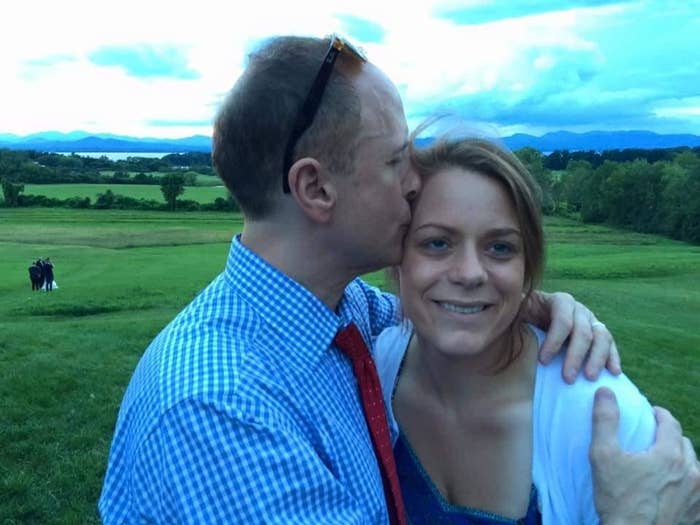
The project was created by Seven Days, a Vermont-based newsweekly that hopes to show the human cost of the country’s opioid epidemic.
The All Our Hearts site currently features 12 memorials written by fathers, mothers, siblings, and partners. They’ve shared a visceral journey of their loved ones, chronicling who they were before drugs became a part of their lives to their darkest moments and how addiction changed their relationships.
The idea for All Our Hearts stemmed from the overwhelming response to a widely shared obituary that was published in Seven Days last October, Cathy Resmer, the paper’s deputy publisher and the project’s manager, told BuzzFeed News.
Kate O’Neill wrote about her sister Madelyn Linsenmeir’s 12-year debilitating struggle with opioid addiction in the brutally honest obituary that went viral.
O’Neill told BuzzFeed News at the time that one of the things her sister Maddie and their family had experienced was that “there’s so much shame around it, both for addicts and their families.”
“We wanted to put a face to this epidemic,” O’Neill said.
Resmer said that as she scanned more than 1,000 comments on Maddie’s obituary — “an overwhelming number” for the Vermont paper — she realized that many of them were deeply moving.
“This obituary had inspired and emboldened others to share their stories and the stories were heartbreaking,” Resmer said. It felt like a “safe space.”
The comment section on Maddie’s obituary reminded Resmer of the AIDS Quilt, the historic community arts project that sought to strip the shame and stigma that shrouded victims and their families by memorializing those who had died during the AIDS pandemic.
Obituaries for people with opioid addictions, Resmer said, rarely mention their struggles or the opioid crisis.
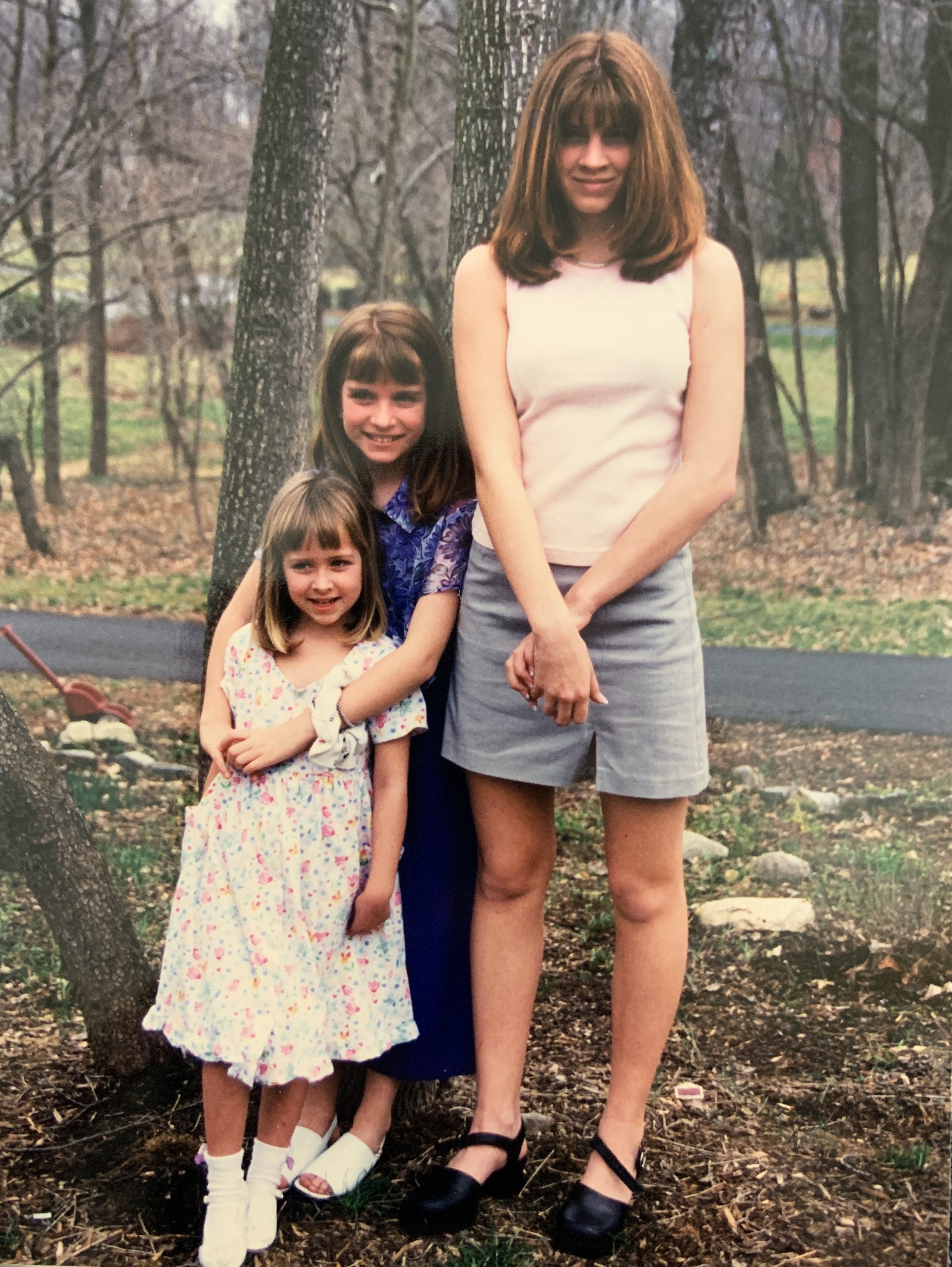
Sandy Camilletti recalled the moment her daughter, Angela Bowser-Camilletti, told her that she had “been held down and injected with heroin” at a party when she was in college.
Angela, the oldest of three girls in West Virginia, was an avid skier and snowboarder. She was also a lifeguard, swim teacher, dancer, and dance teacher who played the Sugar Plum Fairy in her high school production of The Nutcracker and who was studying criminal justice reform before she died of an overdose in 2009, her mother wrote in the memorial.
During her daughter’s opioid use, “ours became a relationship that had no resemblance to the mother/daughter dynamic we had before addiction came into her life,” Sandy wrote.
“It became filled with fear, a lack of understanding between us, anger, frustration, without any hope or trust,” Sandy wrote, describing how Angela was unable to get into recovery until she was in her third rehab center in three years.
“But the one thing that never changed was our love for each other,” Sandy said.
Angela’s youngest sister, Lena Camilletti, is an intern at Seven Days and helped develop the All Our Hearts project that features her sister’s memorial.
Lena was 15 when her sister died at 23 after overdosing on over-the-counter cough medicine and methadone. Growing up, Lena said, she had never heard anyone discuss heroin addiction outside her family.
“It was a silent epidemic for such a long time,” Lena told BuzzFeed News. “I didn’t realize how powerful it could be for a few people to be so honest about it and how it can inspire other people to be vulnerable,” she said.
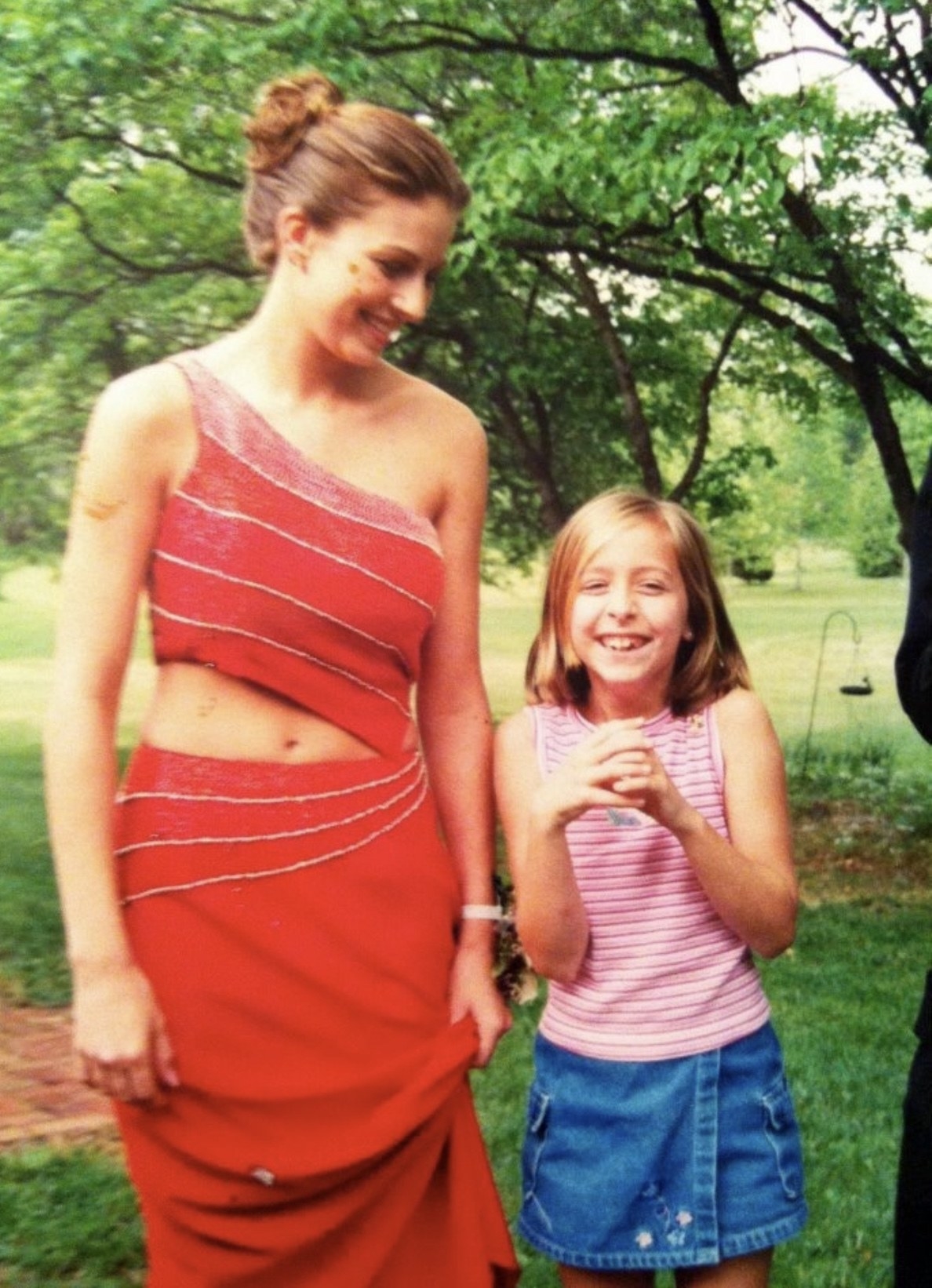
Lena said it was important for her family to be honest about Angela’s death not only because it was, in part, therapeutic, but it was also rooted in wanting to prevent this from happening to other families.
“The loss of my sister changed my family in a way that we will never be the same,” Lena said. “I want to do whatever I can to prevent another sister from missing her sister and another mother from missing her daughter.”
Resmer said that while there are statistics about how many people have died of opioid addiction, “we often don’t know the human cost because people aren’t talking about it.” She realized that the news outlet had the tools to help people tell their own stories of the opioid epidemic, if they were ready.
All Our Hearts, she said, will “help people memorialize their loved ones in their own words in the way that Kate [O’Neill] memorialized her sister” in the obituary that went viral.
The name All Our Hearts comes from a line O’Neill wrote in the obituary for Maddie where she gave hope to those struggling with opioid addiction: “Know that we believe with all our hearts that you can and will make it. It is never too late.”
Seven Days encourages people to fill out an online form or call the paper. The team then vets people who submit their entries and interviews them to get additional details about their experiences.
Frank Cioffi, who runs a nonprofit economic development corporation in Vermont, was one of the thousands of people who read Maddie’s obituary, and it gave him the courage to share Alexa’s story, he told BuzzFeed News.
Frank also helped Seven Days raise money to sponsor a yearlong series about Vermont’s opioid crisis that the newsweekly hired O’Neill to write about after Maddie’s obituary went viral.
“I did it because it’s time for people to come out of the shadows that are dealing with this,” Frank said. “And to understand that it’s not shameful. It’s a reality. And it isn’t going to go away unless people step up and do something.”
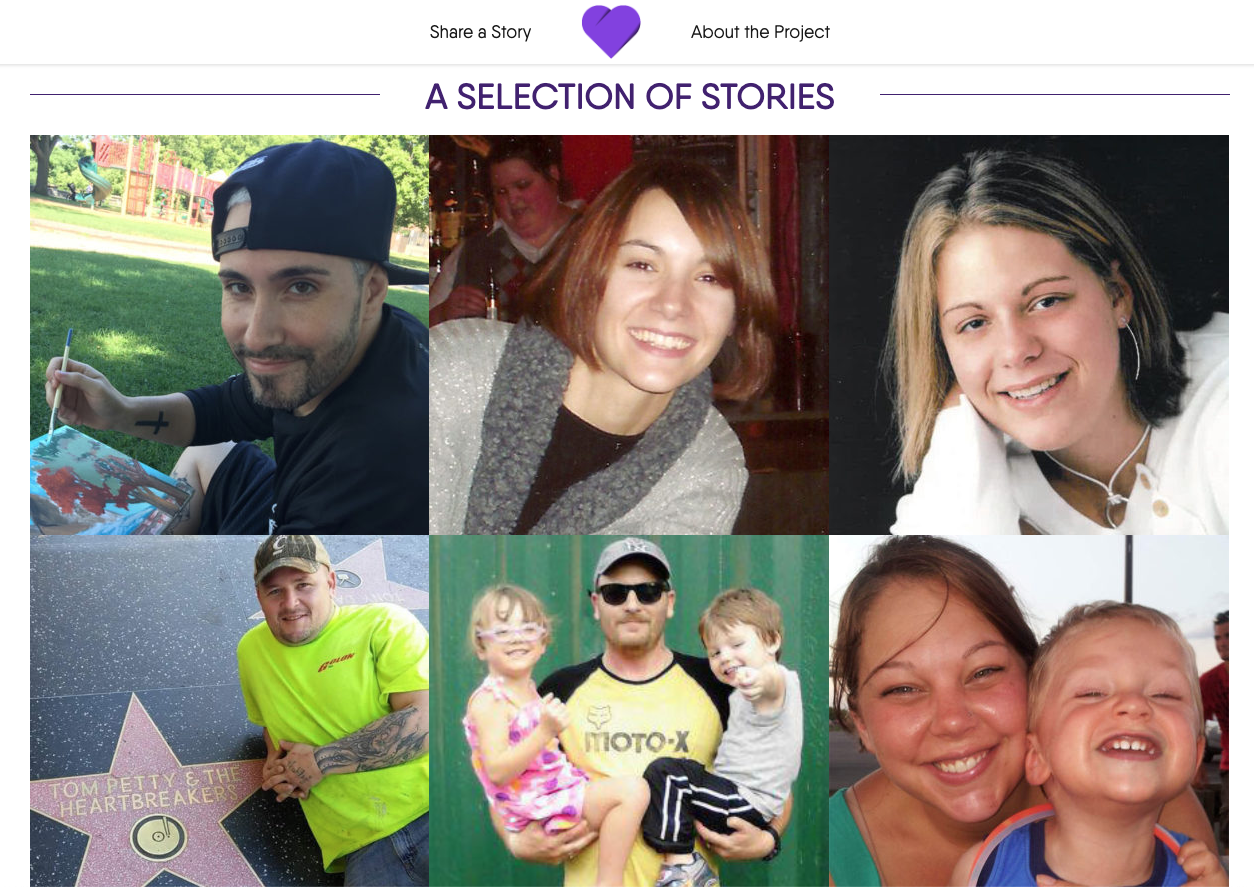
Since 1999, around 400,000 people have died from overdoses involving prescription and illicit opioids in the US, prompting President Donald Trump to declare the opioid crisis a public health emergency in 2017.
And on Friday, the CEOs of major drug manufacturers and distributors are set to discuss a potential $50 billion deal to settle a massive federal lawsuit brought against them by several state and local governments seeking to hold drug companies responsible for fueling the US opioid epidemic. The trial is slated to begin in Ohio next week.
There were 108 opioid-related accidental deaths in Vermont in 2017, a 12% increase from 2016, according to the Vermont Department of Health. The number of opioid-related deaths involving cocaine, heroin, and fentanyl in the state also increased in 2018.
Resmer acknowledged that the project has initially struggled with racial diversity, given the small number of entries it received in a state that is 94% white.
She said her team is trying to overcome that by reaching out to multiracial student groups at colleges in Burlington and by “actively searching for people of color” who have spoken out about their loved ones’ connection to the opioid crisis.
Melissa Sheppard’s 34-year-old brother, Virgil Sheppard, died in Ohio after he shot up what he thought was heroin, but was a “mixture of heroin, fentanyl, carfentanil and cocaine,” she wrote in his memorial. “The police said he had gotten ahold of something that he didn’t even know what he had. It went straight to his heart and killed him.”
Melissa, 34, told BuzzFeed News that it “hurts to tell” people how her brother, who loved football and Tom Petty, ended up dead in 2017.
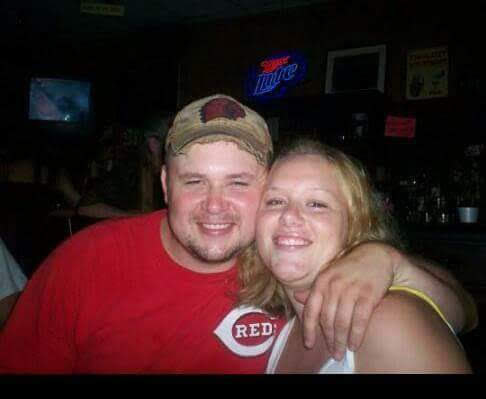
“But I also want people to hear,” she said. “I don’t think people talk about it enough. I want people to know that’s what took my brother and I want people to be held accountable,” Melissa said, calling for harsher punishments for those who sell the drugs.
While Frank Cioffi has been a behind-the-scenes advocate for addressing the opioid crisis in Vermont after his daughter died, he said it wasn’t easy for him either to share the details of Alexa’s death with strangers on the internet.
“But it’s important to know that it’s horrible,” he said. “It was a horrible experience watching her die.”
He said he wanted to “graphically tell what our life was like” with the hope that it would give courage to other people with addictions and their families to seek help before it was too late.
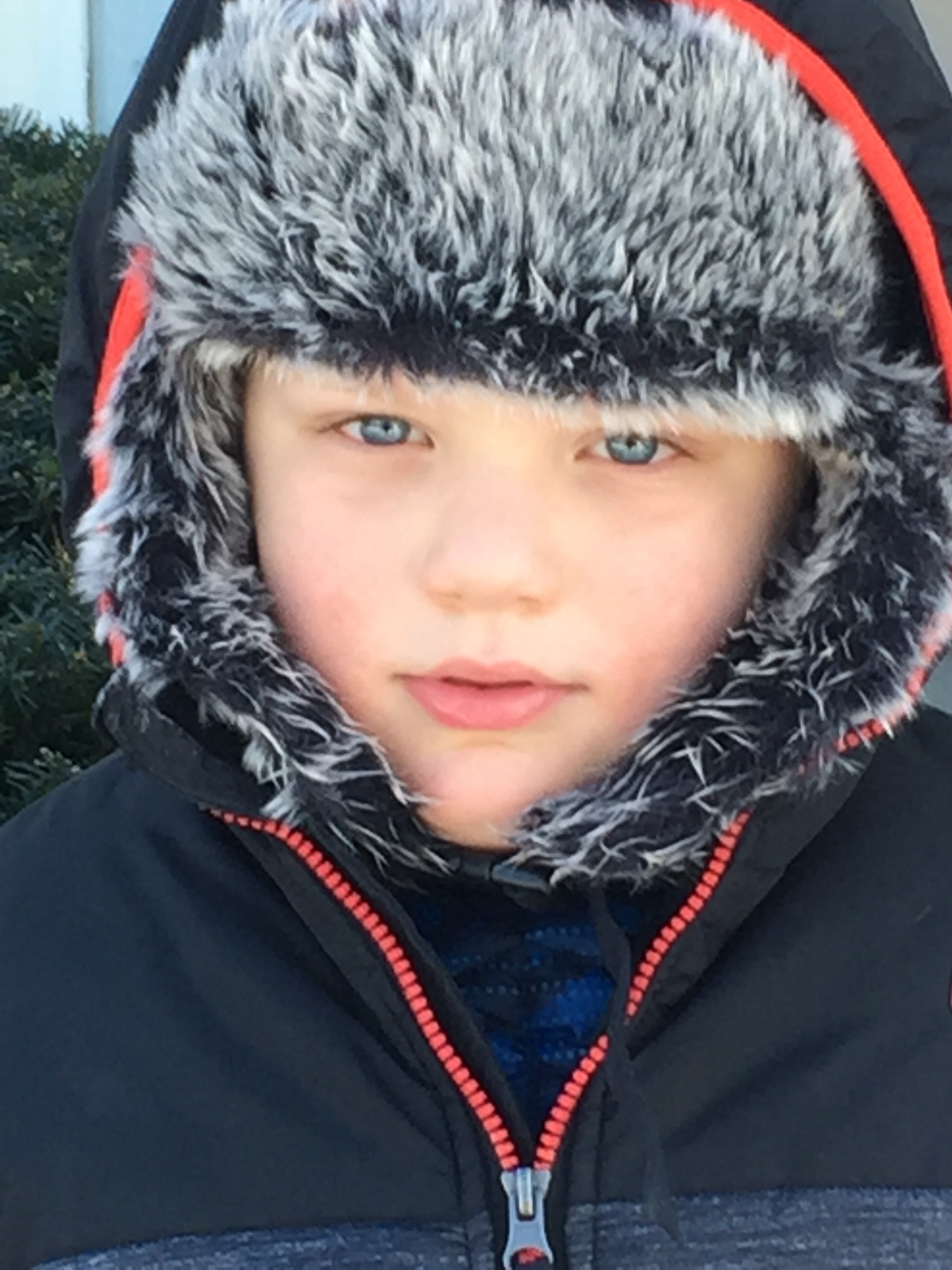
Alexa, who was “outgoing, gregarious” and was “always adopting dogs,” broke her wrist in a car accident at 17 and was prescribed painkillers, Frank wrote in the memorial. She liked them, he said, but didn’t get “super addicted” until her mid-twenties.
“I kind of was oblivious to something being really wrong until she stole from family members, and that led to the discussion: ‘What do you need this money for?’” Frank wrote.
Frank adopted his grandson, Frankie, as his own son after Alexa’s death.
“I wish you were here to see your son every day,” Frank wrote in the memorial to his daughter. “You would delight in everything he does. And he looks like you, too. He is beautiful.”
Chandra Hill’s father, Dennis Hill, wrote that his little girl who loved horses and was “the lady of the household” became homeless because of the financial struggles her heroin addiction caused.
Dennis told BuzzFeed News that his daughter was on the streets of Wisconsin for about six to eight months during her addiction.
“That’s what addiction will do,” he wrote in the memorial for Chandra.
Chandra, 31, who died by suicide in 2011, was “a victim of a broken mental health system that was trying ‘Band-Aid’ approaches to treatment,” her father wrote.
In 2018, Dennis opened Chandra’s House of Hope, a sober living home for young women in Madison, Wisconsin.
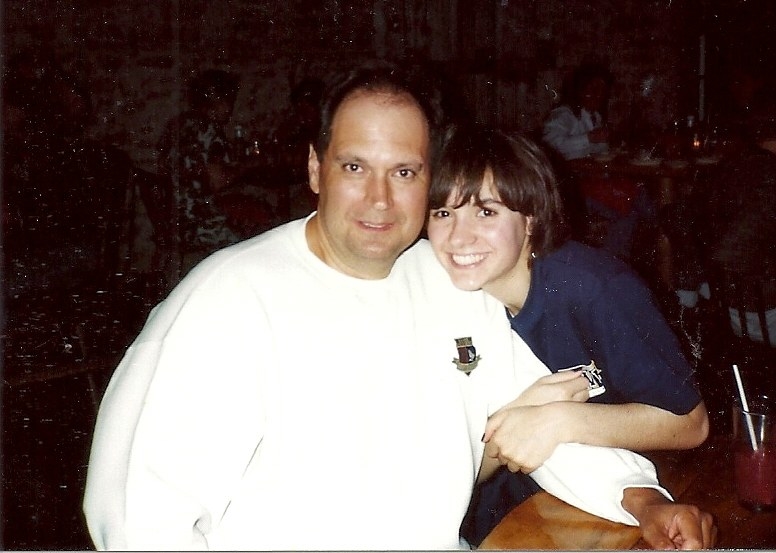
The underlying motivation for the All Our Hearts families who spoke to BuzzFeed News was the need to channel their grief into doing something positive for the community and to bring awareness to other families struggling with the opioid crisis.
On Oct. 7, nearly a year after Maddie’s obituary went viral, the grieving father of a 31-year-old woman who died of an overdose in Vermont published another widely shared obituary on Seven Days.
“Though shadowed by opiate addiction, Megan enjoyed a big smile and an infectious laugh,” Edwin Webbley wrote in the obituary that detailed his daughter’s 14-year battle with opioids, which she was prescribed after falling off a cliff.
She left behind four children who were “collectively the light of her dark life,” Webbley wrote.
In the obituary, Webbley appealed to the state’s Department of Children and Families to rethink its policy to punish mothers with addiction and separate them from their children. He urged them to consider enhanced funding and rehabilitation for mothers with addictions.
“We, as a state, are overwhelmed by addiction,” Webbley wrote. “We have almost nowhere to turn.”
